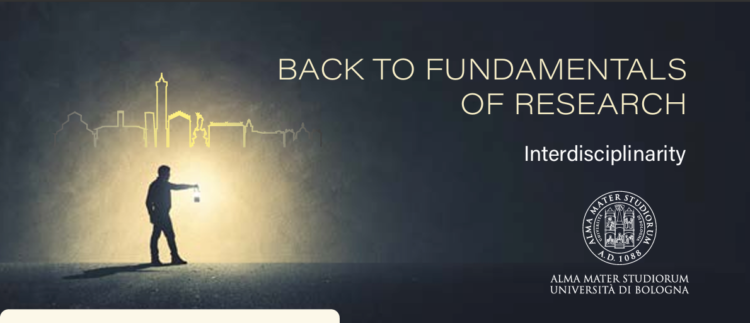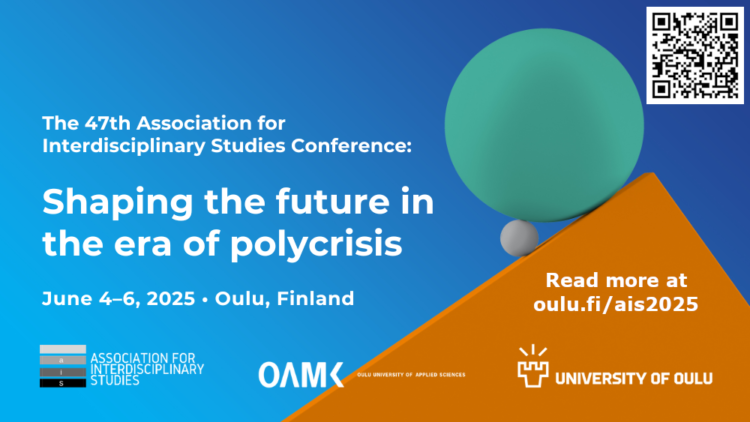SHAPE-ID member Prof Catherine Lyall was a keynote speaker at the University of Bologna's international…
Jack Spaapen Presentation on AHSS Integration at ETH Zürich
SHAPE-ID partner Dr Jack Spaapen will present at the TdLab in ETH Zürich on Tuesday 30 April 2019 on the necessity and challenges of integrating knowledge from the Arts, Humanities and Social Sciences (AHSS) to solve societal challenges. Jack’s presentation is titled Crossdisciplinary cooperation within AHSS and beyond.
Abstract
While the world has spent billions of dollars on a long-term project to take a picture of a black hole, fields in the arts and humanities are under threat everywhere. In more than a dozen US states and in Japan governments have worked on policies to oust humanities from universities stating that they are not productive in economic sense. Many other governments and university boards seem to have difficulties in developing convincing policies for arts and humanities, and also for social sciences. At the same time, knowledge from Arts, Humanities and Social Sciences (AHSS) fields is more necessary that ever. Many of the main challenges societies are facing today are in need of knowledge from these fields, think of migration, populism, the economic and financial crises that infest the world, religious conflicts, populism that jeopardizes the European Community. Many other main issues that seem to belong to STEM fields, like climate change, energy transition, AI, automated transport systems, sustainable cities and production systems, need the input of AHSS fields because in the end it all comes down to human behaviour. Collaboration between scientists from all fields is necessary to address these societal challenges, and also between science and other areas in society, politics, policy makers, industry AND civil society. This is not easy but can be done, as I will try to show in this talk.
Full details of the event are available here (opens PDF).



